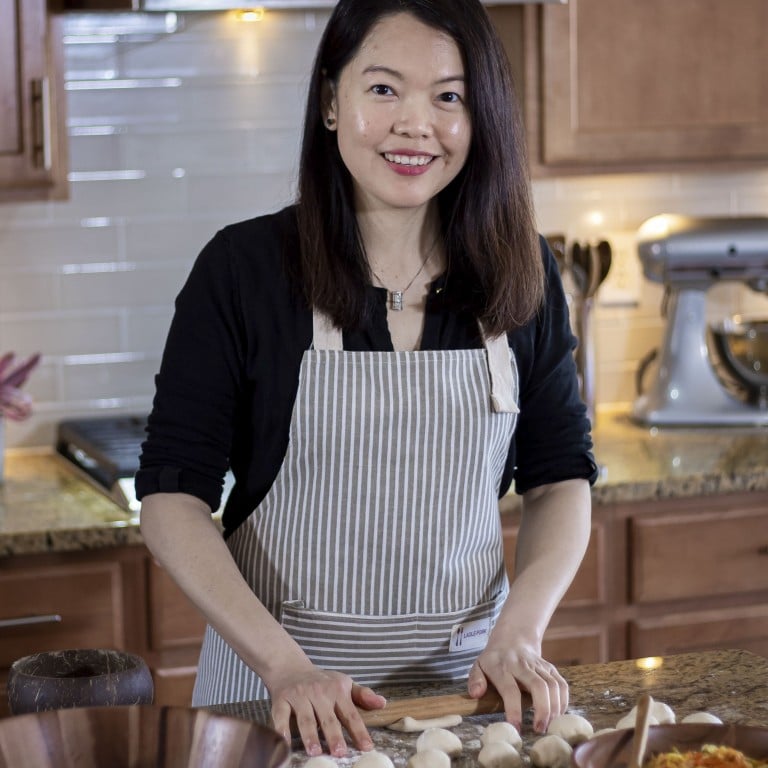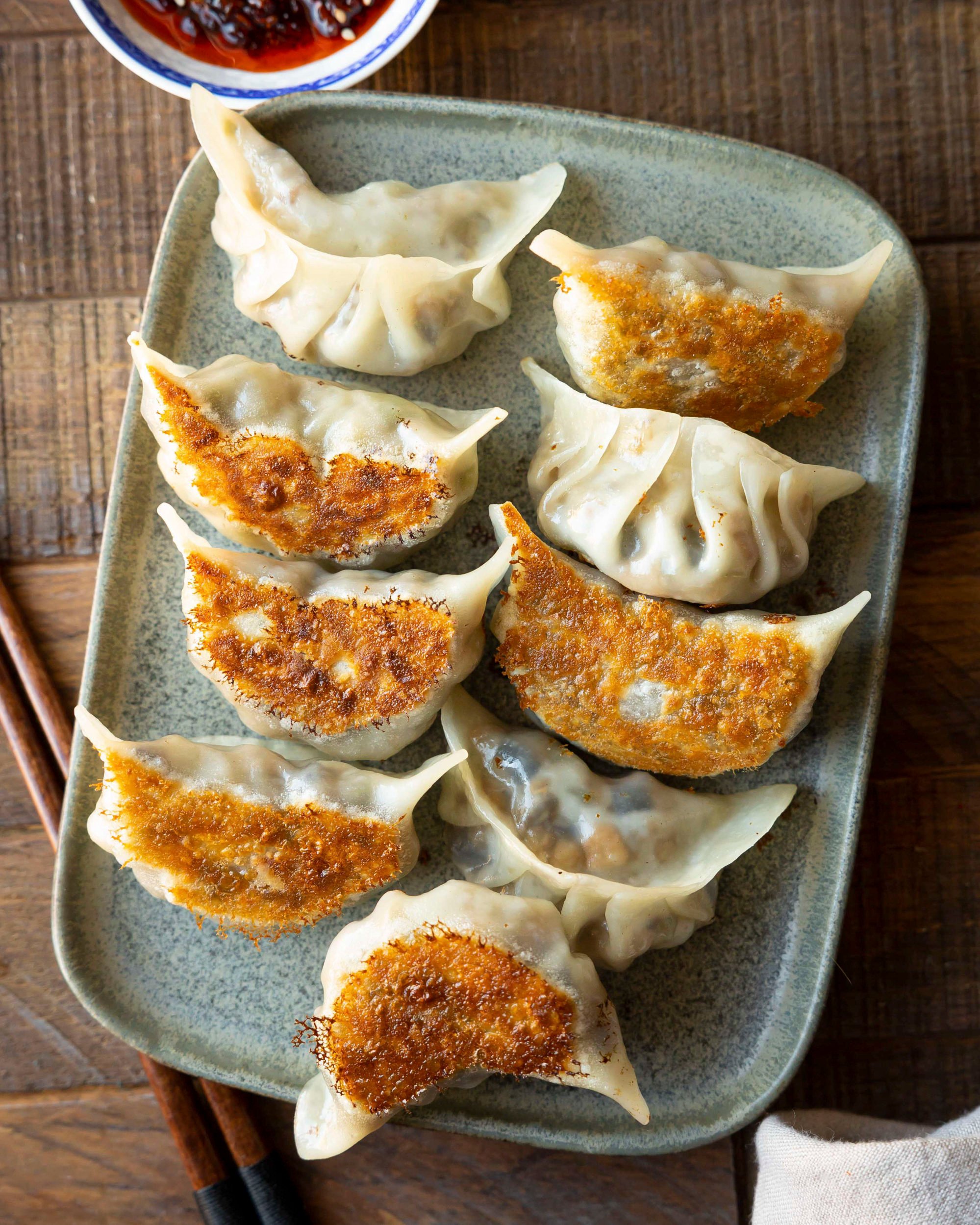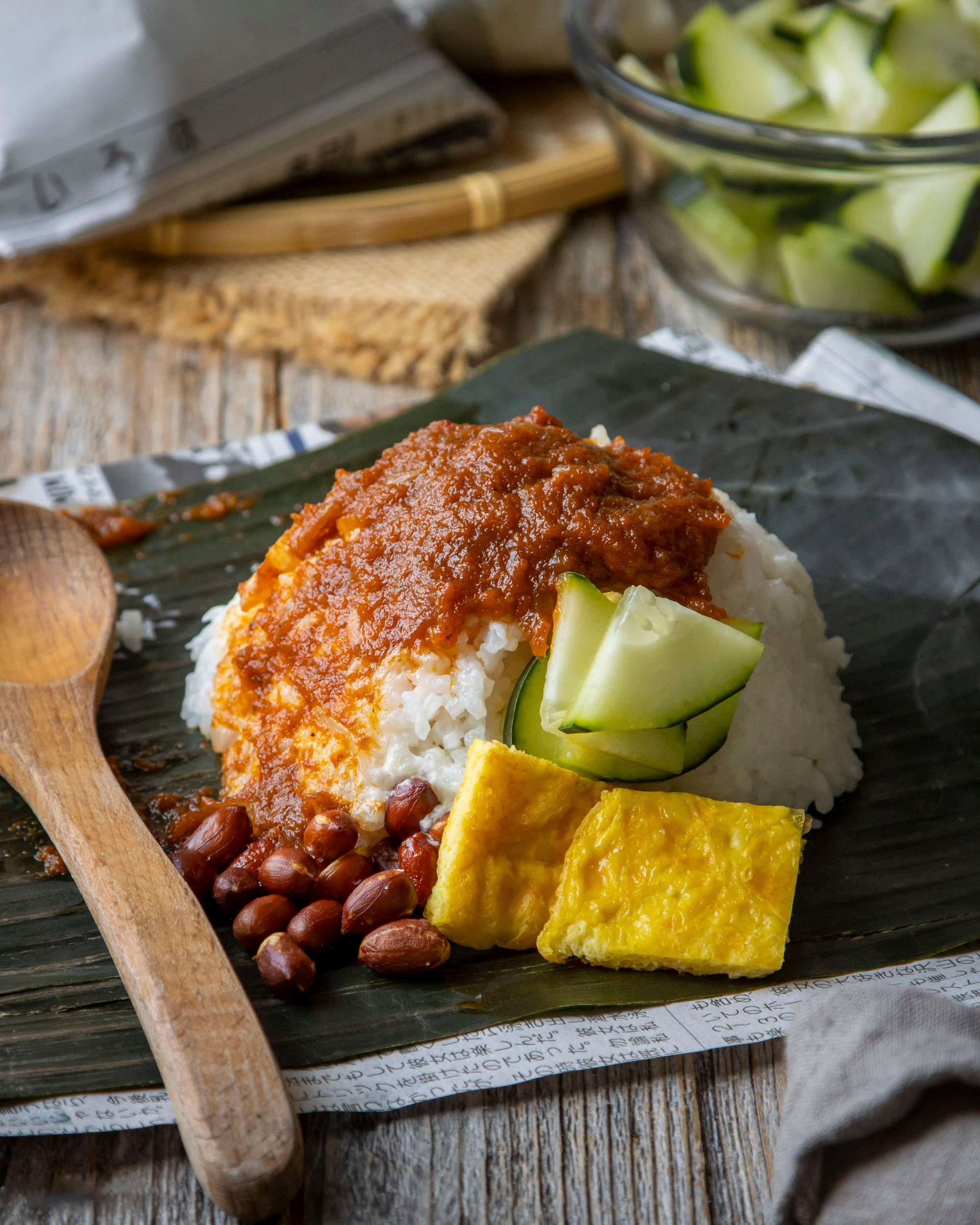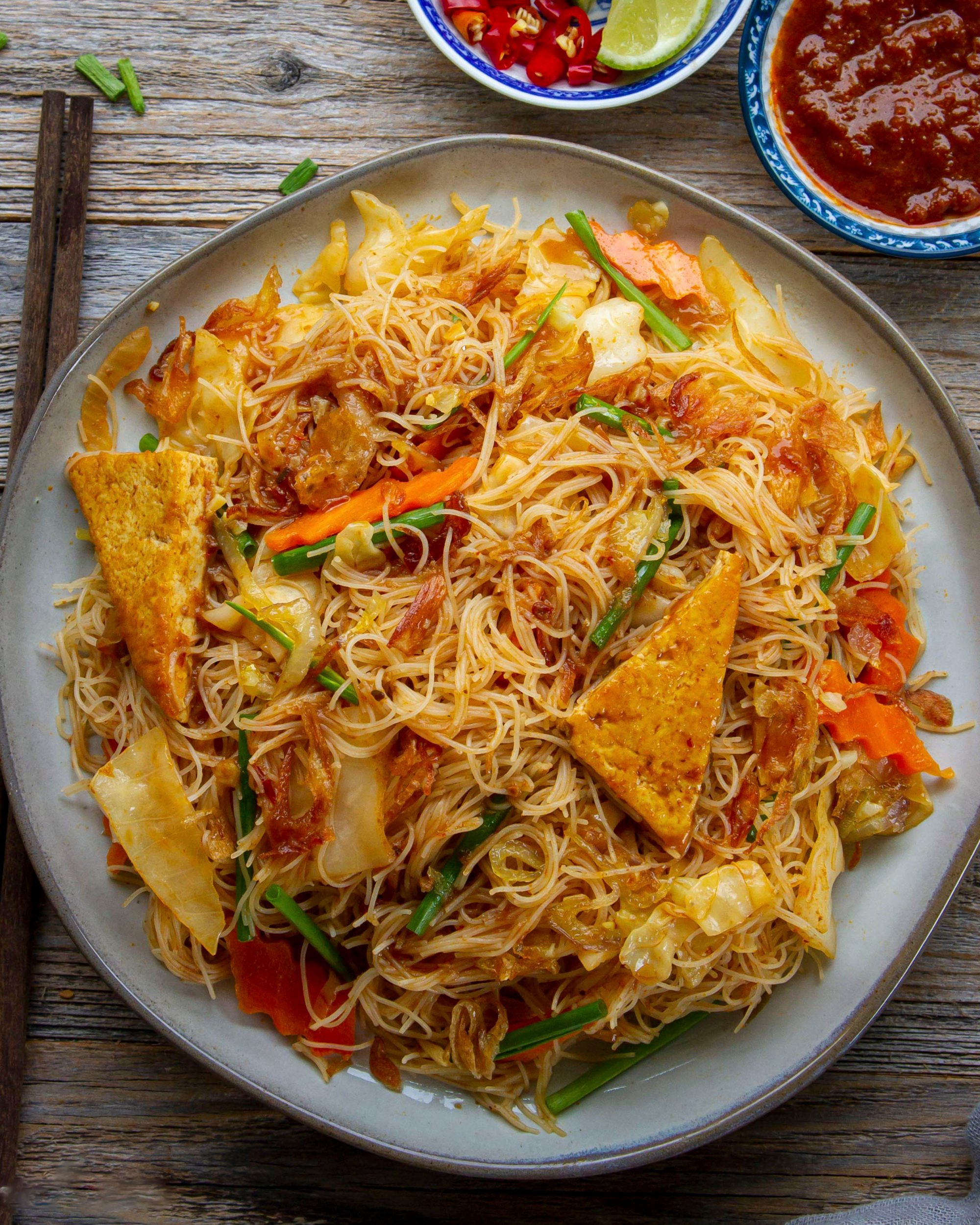
Vegan noodles, dumplings and Malaysian dishes: fans of YouTuber WoonHeng Chia have the food blogger’s daughter to thank for her plant-based recipes
- Malaysian-born WoonHeng Chia’s relatable vegan Asian recipes have made her one of the plant-based cooking world’s most followed food bloggers
- When she stopped posting videos, fans were concerned. They needn’t have worried – she was adjusting to a move to China, she posted. Up next, her first cookbook
For years, Malaysian food blogger WoonHeng Chia has been feeding the internet her special brand of no-fuss, vibrant, plant-based Asian cookery – the originally Texas-based vlogger’s recipes would regularly receive hundreds of thousands of views, her platforms inundated with comments and eager follow-up questions.
Then, on June 12, 2022, after sharing an ode to soybeans on her Instagram account – urging followers to check out a new series of soy-based recipes she had just filmed for her blog, WoonHeng, such as pandan soy milk and tofu skin – she simply stopped posting.
Concerned fans dropped messages, checking in. “Miss you and your fun videos! They always bring a huge smile to my face, hope you are going well,” read one. “[Is] everything all right?” inquired another.
It was not until six months later that Chia re-emerged in Chengdu, Sichuan province, China, posting a series of images of herself and her new surroundings.
Hong Kong plant-based food pioneer overcame ADHD, dyslexia to find success
“A big warm hello to everyone,” she wrote in a caption accompanying images of her in various parts of the city, from historical Dujiangyan to a panda research base.
“I’m very sorry for my recent disappearance as I was taking care of my health but I am doing well now, please don’t worry.”
She also explained that her husband – who works behind the scenes as her food photographer – had been sent to the western Chinese city for a job, and that this was where she and her family would be based for the next few years.

Having undergone mainland China’s 10-day quarantine, she was free to explore and make a new life in an unfamiliar place.
Born in Kuala Lumpur, Malaysia, to Teochew and Cantonese parents, and educated in the United States, Chia, 46, may have had a worldly upbringing, but, she says, the latest life change prompted her to take some time off to recalibrate.
“Mainly because I can’t read or write Chinese, I’ve been taking some time to adjust, from trying to translate everything to getting comfortable with doing groceries and stuff like that,” she says.
The hunger for Chia’s recipes is indicative of a sea change. Plant-based cookery is becoming more acceptable, mainstream even, compared with how misunderstood she felt when she first became vegan, at the age of 15.
But her parents were, as Chia puts it, “quite traditional” and did not warm to her changing her lifestyle in such a way.
“Now, when I think back, I know it’s because they were worried about me growing up without enough protein,” she says. “I was only a teenager at that time.”
She recalls picking around meat and eating only the vegetables at family meals, to avoid having to explain her choice. “That way, we are still enjoying the food together,” she says wryly.
Now, decades later, it is heartening for her to see plant-based cookery being appreciated and celebrated.
Being Malaysian, Chia has also tried to share more veganised and vegetarianised versions of that country’s traditional dishes.
“When I share a recipe and people remake it, they had not thought that you could get the same taste or flavour or texture [as the meat-based version of the dish].
“My goal is to help them realise that actually you can enjoy the things you like without the meat.”

She also has a vegan nasi lemak bungkus (coconut rice wrapped in banana leaf, served with a side of fried peanuts, cucumber, egg and sambal) where the necessary umami that normally comes from shrimp in the sambal is substituted with kombu and tomato.
And now that Chia is back on the radar, she has shared that she will be publishing a cookbook soon.

It is the right time to work on it, too, now that her daughter is finally off to college. And it is that daughter who Chia has to thank for being the catalyst for the blog many years ago.
Back then, at 10 years old, Chia’s daughter asked if she could record some of her mother’s recipes as a summer project. “She handed me a book, and asked me to write down my recipes so she could bring it to college with her [when she goes],” Chia recalls.
She did not start the analogue way, though, opting to take photos of her dishes and posting the recipes as captions on Instagram.
“That ultimately led to the creation of the blog [in 2017],” she says. I share that my mother did the same thing when she sent me off to college, writing down some essential recipes in a notebook.
“That’s how mothers show love, by having recipes that they like and passing them down to their children,” she says, smiling.
“I’m glad I did it on social media – now more people can enjoy the same food that we love.
“It’s definitely a recipe collection from when I first learned to cook up until now. I hope this book serves as a good resource for anyone who would like to learn more about Malaysian or Asian cooking in a meatless way.”

